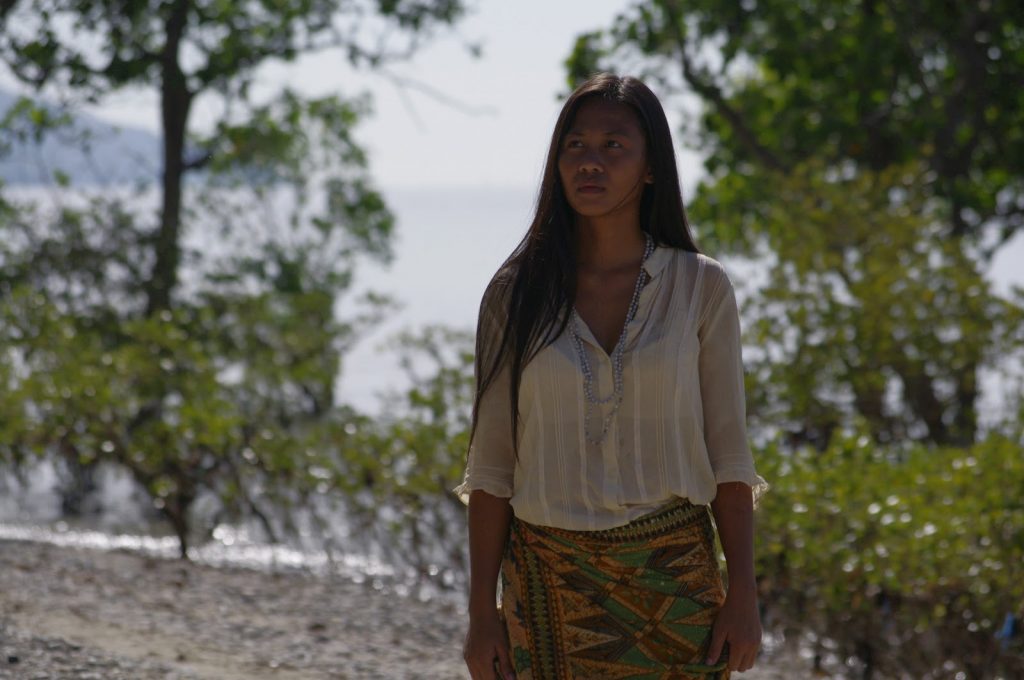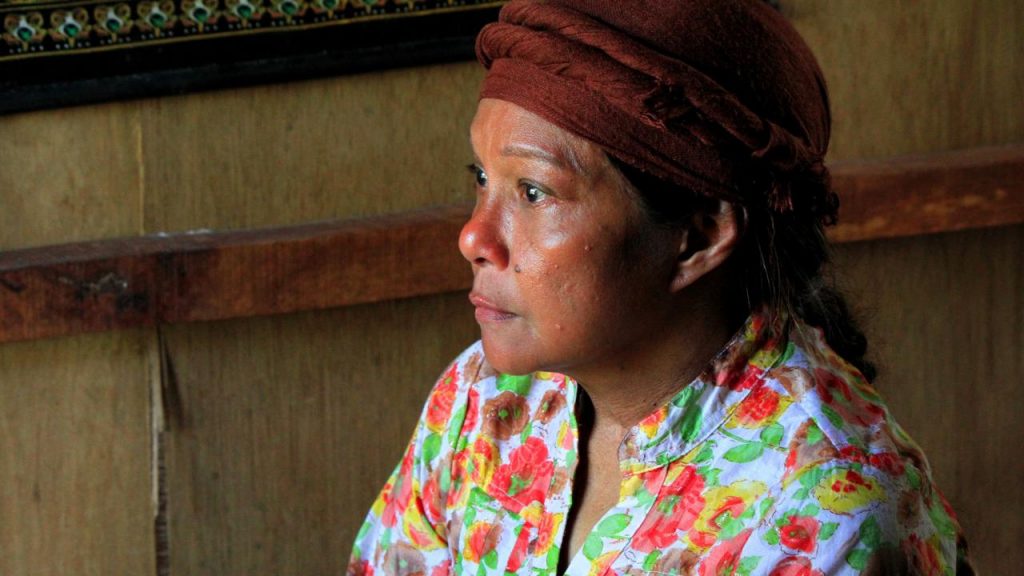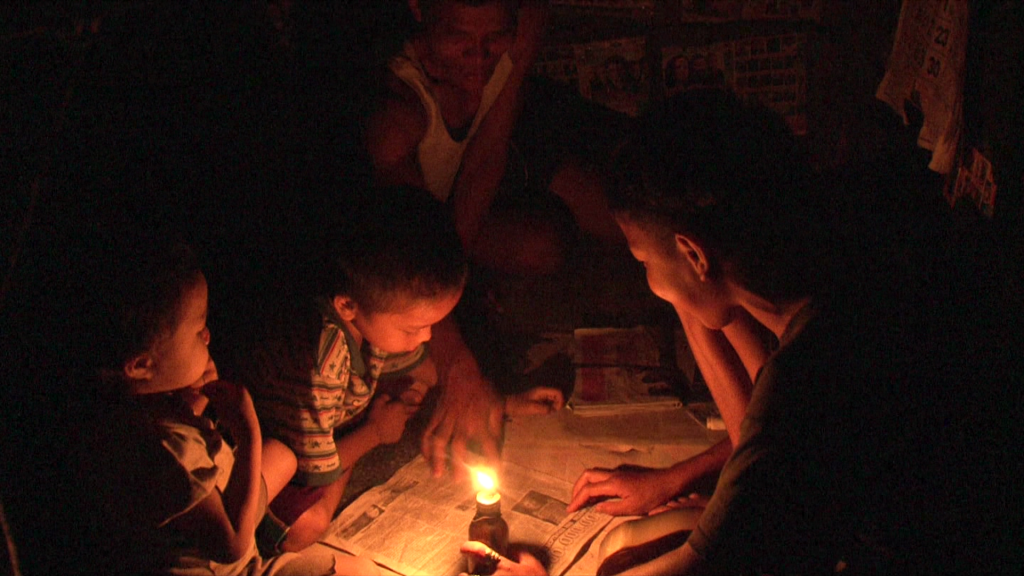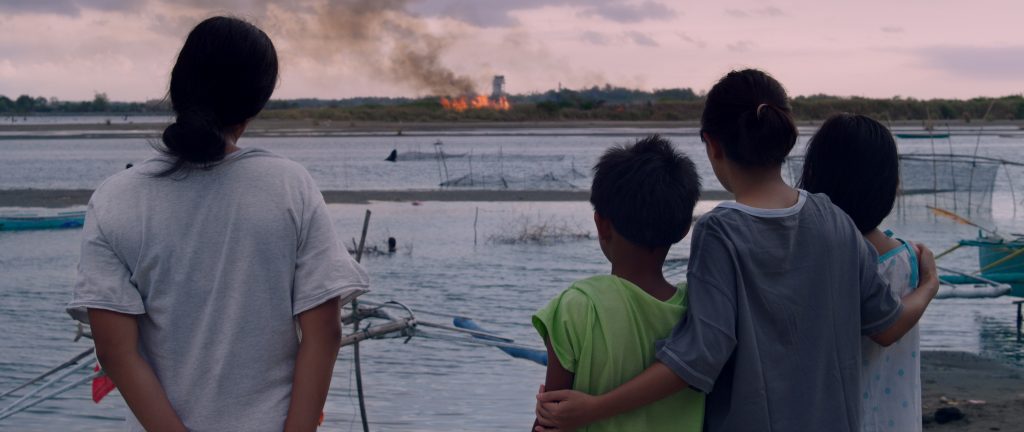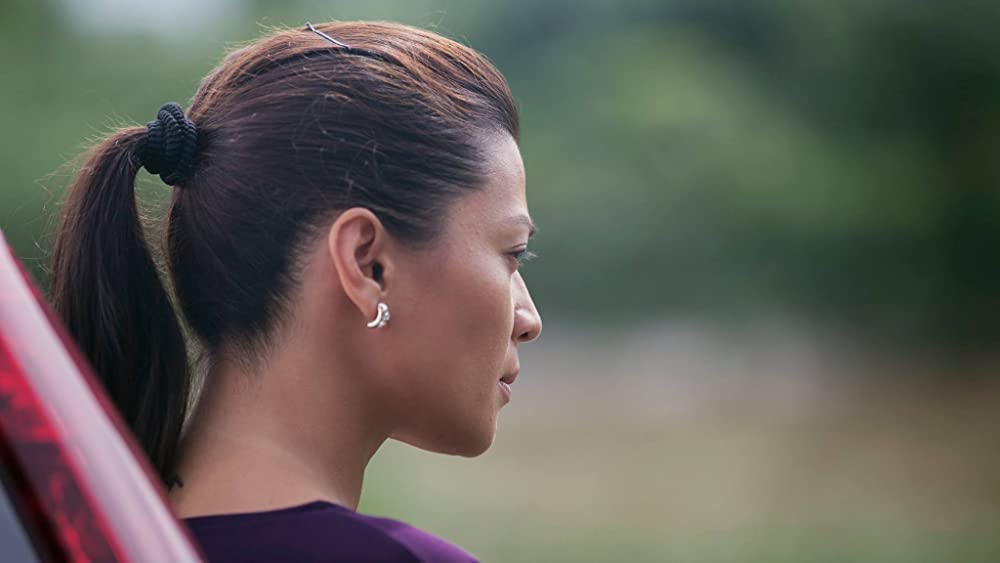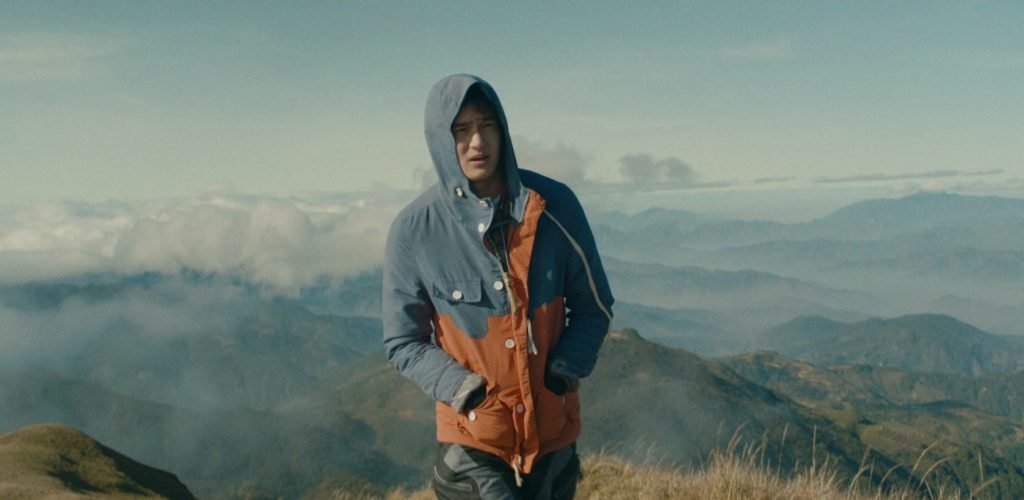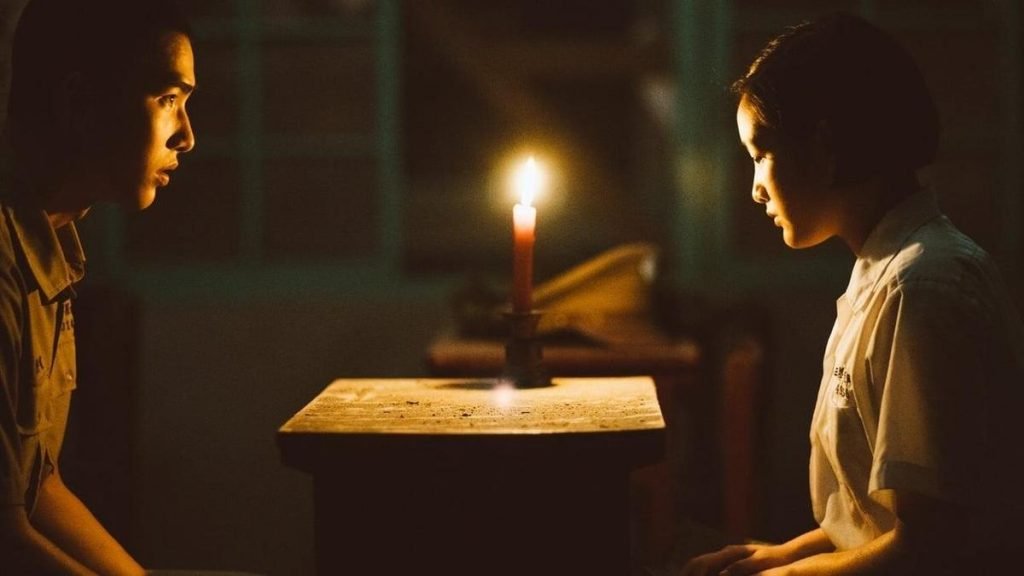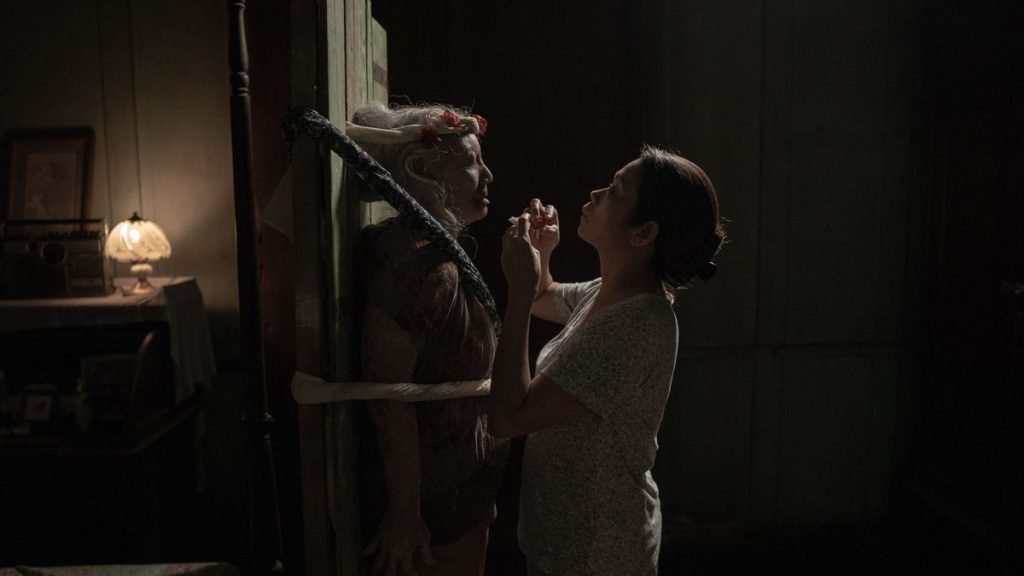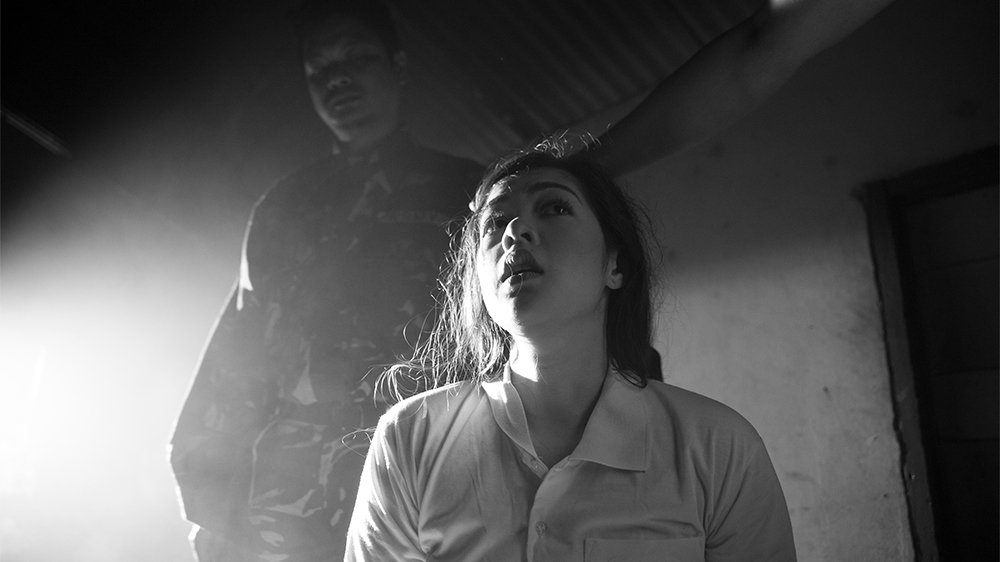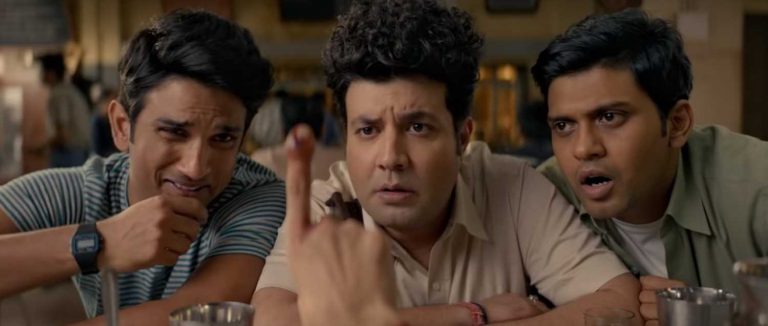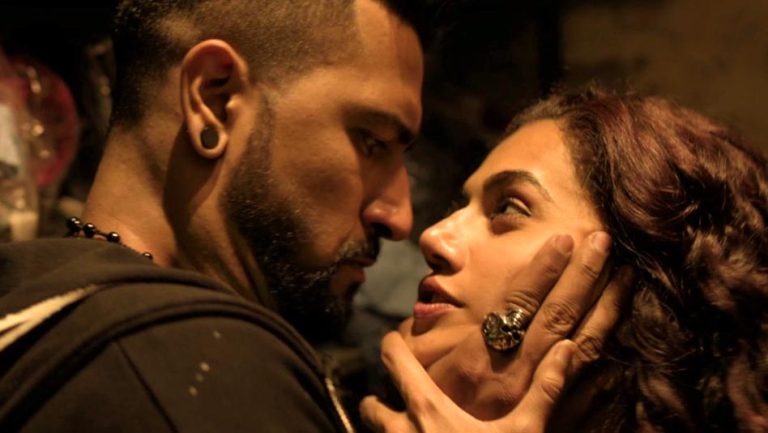A new generation of Filipino filmmakers are re-establishing the relationship between movies and society by utilizing the expansion of materials and topics since democratization and contemplating on the art of cinematography aroused. They attempted to draw prospects towards the changes in the society of Philippines and create an aesthetic convention for Filipino cinema. It has helped them to put on the world cinema map.
These filmmakers constantly tried to experiment with cinematic language, creating their own grammar, while engaging in sensitive social issues. They relied on traditional cinematic language to address important issues of their nation.
Meanwhile, exploring the essence of film media outside the ground of social criticism. They are difficult to group into a single disposition or tendency outside the large category of auteur or art-house filmmaking. In terms of style, they are explorers who experimented with various methods. And in terms of content, they are also intellectuals who dug deep into the irony of their society without making any compromises.
Filipino filmmakers have taken upon themselves to act as watchdogs of their society, but it helps that their movies have the protection of bringing in financial and critical success. It’s interesting to see the contrast in the ways some of these messages are portrayed in films. One of the more unlikely – but deeply gratifying – success stories in recent years has been the growing popularity of Filipino cinema outside of its native country. Over the last ten years, Filipino movies have participated in major film festivals such as Berlin, Venice, Cannes, Toronto, and Rotterdam amongst others.
These filmmakers never take queues from Western cinema; it is totally unafraid to subvert the formula. Suffering is rife and happy endings are by no means guaranteed. These are the filmmakers whose names alone indicate a compelling viewing experience.
Here are 10 essential Filipino movies of the last decade for every cinephile.
1. Palawan Fate (2011)
Auraeus Solito is a Filipino filmmaker, activist, and producer who directed music videos. His fifth feature film Busong employees non-linear narration. Palawan Fate is based on three Palawan folk tales that Auraeus Solito has heard from his mother. These tales touch upon the theme of tribal life, death, and rebirth that weaves together by four loosely linked stories. Stark as the surrounding scapes of the forest, the complex characters are weaves finely into the terse narrative.
The narrative evokes an existential fiber between sexual desire and cultural mythos in the pastoral jungle. It also intersects Eros with cultural traditions, heralding the thrill of the chase and asserting that the deepest romances are not sexual but spiritual in nature. And at times we feel like riding on a magical journey into a different world, a different conceptualization of how art can function for us.
Related to Filipino movies – Interview with Auraeus Solito
Auraeus Solito focuses on small gestures of affection. Intimate actions, like simple compliments or hair touching, are played up as grand moments of fondness. It may be a bit too stripped down for those seeking more conventional melodrama. At the Cannes Film Festival, 2011, the film was nominated for Queer Palm and was a part of the Director’s Fortnight. At the Cinemalaya Independent Film Festival 2011, the film won awards for Best Film, Best Director, Best Score, and Best Sound.
2. Thy Womb (2012)
Brillante Mendoza studied fine arts in college and after that, he started working as a production designer for feature films in Philippines, in the mid-1980s. By the 1990s, he went into TV commercials and became successful enough to form his own production company in 2005. He had no plans of directing feature films until an offer came to him to direct The Masseur (2005). He thought that he would just do this one film and then go back to work in TV commercials. Luckily, that was a turning point for Mendoza and the rest is history.
Thy Womb narrates the tale of Shaleha (Nora Aunor) who works as a midwife. She has to find a second wife to her husband Bangas-An (Bembol Roco) because of her inability to conceive a child for her husband. And, in order to achieve it she resorts to a traditional belief of collecting the umbilical cords and air-dries wrapped in a small piece of cloth. The premise of the film sounds melodramatic but under the visionary directorial skill of Mendoza, the film achieves a different feat. The director’s deft perspective provides a poignant, unsentimental depiction of a common circumstance, lends intriguing frisson by the rigor of Mendoza’s overall aesthetic. At the Venice Film Festival, 2012 both Mendoza and Nora Aunor won awards in different categories.
Similar to Filipino movies – Maria Netflix [2019] Review
3. Tondo, Beloved: To What Are The Poor Born? (2012)
Jewel Maranan is a documentary filmmaker, producer, and cinematographer. Her first documentary film depicts the hardship of people residing in the Tondo district of northwestern Manila. It stimulates both discomfort and empathy in a perspicuous and intimate portrayal of the lives of these individuals. Maranan does not shy away from showing effectively that poverty is not an impedance to overcome the trials and tribulations of life. She further presents the changing perspective of the vision of the modern growing world in a very engaging manner.
The director makes it clear that she has no issue to solve, her approach of filming is completely objective and not pitiful, which is hard in such critical conditions. The structure and approach of the film are straightforward, uninterrupted, and unpretentious. At the Yamagata International Documentary Film Festival 2013, Maranan won the Directors’ Guild of Japan Award – Special Mention. And at the Gawad Urian Awards 2012, the film won the best documentary award.
4. Norte, the End of History (2013)
Lav Diaz has carved a niche for himself that helped take Filipino cinema to new heights in the international circuit. He has produced a body of work that is as rooted in his native land as it is universal in appeal. He clinically examines the recurring themes of death, meaning in life, isolation, solidarity, and the lives of individuals blending fiction with reality, which continues with Norte, the End of History. Though the film is more than four hours long, it is relatively shorter than his previous endeavors like nine-hour Heremias: Book One (2006) or the ten-and-a-half-hour Evolution of a Filipino Family (2004).
Norte, the End of History depicts the turn of events in the lives of three individuals. The narrative of the film breaks away from the conventional structure of non-fiction storytelling. It follows the documentary style of filmmaking to challenge the audience’s role. Diaz plays with their expectations and provokes their creative imagination and invites the viewer to reflect, confront stereotypes, and actively question their assumptions. At the Cinemanila International Film Festival, 2013, Diaz won the Best Director award.
Related to the list of Filipino Movies – 75 Best Movies of the decade (the 2010s)
5. Mariquina (2014)
Milo Sogueco is a young Filipino filmmaker whose sophomore feature film narrates the plight of Imelda (Mylene Dizon). She is in search of the perfect pair of wingtips for her dead shoemaker father Romeo Guevarra (Ricky Davao). The straightforward narrative of the film blends well the indigenous creativity displayed by the filmmaker that shows no hint of influence. The protagonists’ journey from joyous subjugation to silent emancipation is absolutely endearing. It echoes an unflinching lament for the human condition. It isn’t about the beginning and end of the plot, but about the beginning and end of the emotions.
The filmmaker is completely tuned to the psyche of every character. Their sadness, their hopes, their conflicting emotions. It’s a tactfully acted film, beautifully shot, subtly scripted, and directed with a rare touch. The subject of the film is not new but the treatment, though sometimes preachy, is effective, humane, and insightful in hindsight. At the Cinemalaya Independent Film Festival 2014, Barbie Forteza won the award for Best Supporting Actress (New Breed). And at the Young Critics Circle, Philippines 2015, Benjamin Gonzales Tolentino won the award for Best Achievement in Film Editing.
Related to Filipino movies – WHAT STILL REMAINS REVIEW [2018]: A QUESTION THAT IS SUCCESSFULLY ASKED
6. Above the Clouds (2014)
Pepe Diokno is a young breed of contemporary Filipino cinema. His debut feature film Engkwentro (2009) won the Lion of the Future Award for Best Debut Film at the prestigious 66th Venice Film Festival. His sophomore is the tale of a young boy Andy who loses his parents in a flood in the capital city of Manila. As Andy is underaged, he gets into the custody of his estranged grandfather (Pepe Smith). The narrative is an understated yet touching depiction of a family shaped by a tragic event.
Painful family issues are more likely to stay beneath the surface, known to everyone but not spoken of. The naturalistic performances are compelling, with every action and every line utilized to reveal the inner psyche of the characters. The film does not elevate the temperature with melodrama. They draw us inward with concern. Diokno is a tender humanist, and that fits well with his elegant visual style. He is subtle at conveying affection through the minutiae of delicate gestures, expressions, and awkward interactions. The film participated at the Singapore International Film Festival, 2014, and Tokyo International Film Festival, 2014.
7. Ma’Rosa (2016)
Brillante Mendoza returns to the poor neighborhood of Manila to depict his tale of police corruption and human tenacity. The protagonist of the film Ma’ Rose (Jaclyn Jose) lives with her four children and husband Nestor in poverty and runs a small shop. But they are also involved in illegal activities, which jeopardize their lives. The narrative is a mixture of a reality show and a documentary film in style. Mendoza explores the intertwinement of deplorable situations with human behavior and how it forces social norms and morals.
The darker tone of the film fits well the despairing milieu that pervades the film that is how individual human beings are irrelevant in the face of political machinations. The sound design in the film creates a near-tactile experience that is both real and artistic. The location sound contributes to enriching the actors’ performances and feelings that the film intends to convey. Jaclyn Jose won the award for best actress at the Cannes Film Festival 2016. And Mendoza won the award for best director at the Gijón International Film Festival 2016.
8. Sea Serpent (2017)
The film is set on the island of Marinduque. The villagers witness the mighty sea, encircling the island, which has turned red, after a storm from the night before. Directed by Joseph Israel Laban, the narrative of the film depicts the plight of the three siblings, Divina (Elora Españo), Dian (Therese Malvar), and Dino (Juan Miguel Salvado). Their father, working as a sea patroller, has gone missing at sea. Ninety days after their father goes missing at sea, the eldest child Divina has no choice but to have him officially declared dead.
The narrative also involves a love triangle that develops between the two sisters and fisherman Pol (Jess Mendoza). The cinematography of the film creates an evocative mood and capturing the nuances of the milieu of the land surrounded by water with strong visual metaphors. At the Cinemalaya Independent Film Festival 2017, the film won awards for best director, best cinematographer, and special jury prize.
9. Ode to Nothing (2018)
Sonya (Pokwang), the protagonist of the film, works as an embalmer and lives an isolated life with no friends. She is in penury and has constraints in her relationship with his father. One day she is approached by strangers. They offer her a job and the responsibility of taking care of the corpse of an old lady. She accepts the offer and her decision brings a significant change in her life.
Dwein Baltazar with his narrative highlights loneliness and detachments, and particularly the kind of anxiety suffered by individuals who would cut their tongues out rather than admit they are want to connect themselves with the world. There is a gentle and deeply humane touch to the treatment of the film. At the Karlovy Vary International Film Festival 2019, the film was nominated for Crystal Globe. Whereas, at the FAMAS Awards 2019, it won two awards for Outstanding Achievement in Production Design and Cinematography.
Related to Filipino Movies – Lessons on storytelling from “Hello Stranger: The Movie” director Dwein Baltazar
10. Season of the Devil (2018)
Lav Diaz sets his four-hour long musical in the Philippines when President Marcos imposed martial law in the 1970s. The film narrates the tale of Hugo Haniway, who is a poet, teacher, and activist. The disappearance of his wife sets up a chain of events. The structure becomes complex but never confusing, and Diaz always seems to be urgently on the move, wanting to tell us more than can be told. The film brings out a delicate balance between various spoken words and silence. The film was in the main competition section at the 68th Berlin International Film Festival. Whereas, at the FAMAS Awards 2019, the film won the award for Outstanding Achievement in Sound and Best Picture.

